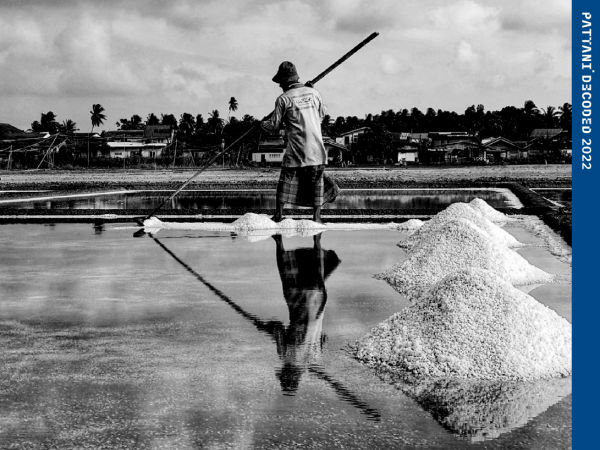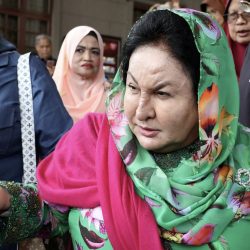Creative Economy Agency empowers Thai creative business on the global stage

With the goal of taking Thailand’s creative industry to another level and having a greater impact on GDP, the new leadership of the Creative Economy Agency (CEA) has unveiled a new vision and strategies that will elevate its role in promoting soft power.
Newly appointed CEA Executive Director Dr. Chakrit Pichyangkul tells Thai PBS World that based on its new visionary plan, the CEA aims to drive the creative economy on the global market through outside-in strategies. To achieve this, the Agency has to transform itself into a more agile and creative organization to deal with key stakeholders – creative people, creative business, and creative district.
The CEA has designed three operational processes to strengthen the creative economy. The first is to empower cultural assets and creative cities by exploring the identity that will best showcase the country’s competency and then drive it through the promotion of the creative city. Meanwhile, the CEA will extend the advantages of five existing five cities recognized by UNESCO Creative Cities Network, namely Bangkok (Creative City of Design), Phuket and Phetchaburi (Creative City of Gastronomy),
Chiang Mai and Sukhothai (Creative City of Craft and Folk Art).

In addition to the creative cities, CEA also promotes 33 creative areas in 33 provinces nationwide. After establishing regional offices in Bangkok, Chiang Mai, and Khon Kaen, the agency plans to open its southern office in Songkhla in 2024.
The second process is to build creative business competitiveness by enhancing the capability of entrepreneurs and the skills of creators. In this respect, the CEA will work closely with entrepreneurs and place importance on applying IP (Intellectual Property) to protect the rights of creative works. In addition, the CEA is studying the kind of funding sources that will be suitable for Thailand’s creative industry as well as how to support SMEs’ access to funding.
Finally, CEA will promote the creative industry on the global market. especially the content industry including films and broadcasting. The Agency will also join large companies with a profound understanding of global consumer insights in the development of products.
In the more than 20 projects to be implemented in the 2023 fiscal year (October 2022-September 2023), CEA will partner with private firms including PTT as well as with Tero Entertainment to open a Content Lab in January next year as a platform to incubate talents for the creative industry. It is found that Thailand’s content industry has a shortage of qualified producers and screenwriters.
The Metaverse Ecosystem Lab is another new initiative to produce creative people in the digital world. In this era of rapidly changing technology, CEA is well aware of the need to promote so-called createch who have the capacity to adopt new technologies for creative industry development.

“Unavoidably, virtual production will disrupt traditional production by shooting the film on blue screen rather than in the actual setting, which will create new skills including metaverse. Scheduled to open in mid-2023, the Metaverse Ecosystem Lab will be similar to a sandbox allowing students and interested people to learn and trial the technology. This project is in line with the government’s policy of promoting the gaming, animation, and e-sport industries,” said Dr. Chakrit.
He further explained that CEA is now expanding its partnerships with public and private organizations, educational institutes as well as overseas and international organizations to bring in new knowledge and know-how. Currently, CEA is seeking to collaborate with world-renowned universities and the Korea Creative Content Agency (KOCCA), a government agency that oversees and coordinates the promotion of the Korean content industry.
Meanwhile, the CEA is placing emphasis on creative methodology instead of design thinking and will promote the co-creation process to develop products and services to satisfy the unmet needs of consumers.
Thailand’s creative industry was valued at 1.19 trillion in 2020, accounting for 7.58% of GDP. Between 2012 and 2020, the industry had an average growth of 1.23% and generated 1 million creative jobs (excluding creators in non-creative industry).
By Veena Thoopkrajae with additional report by Patcharee Luenguthai






